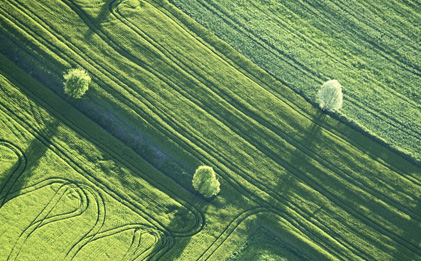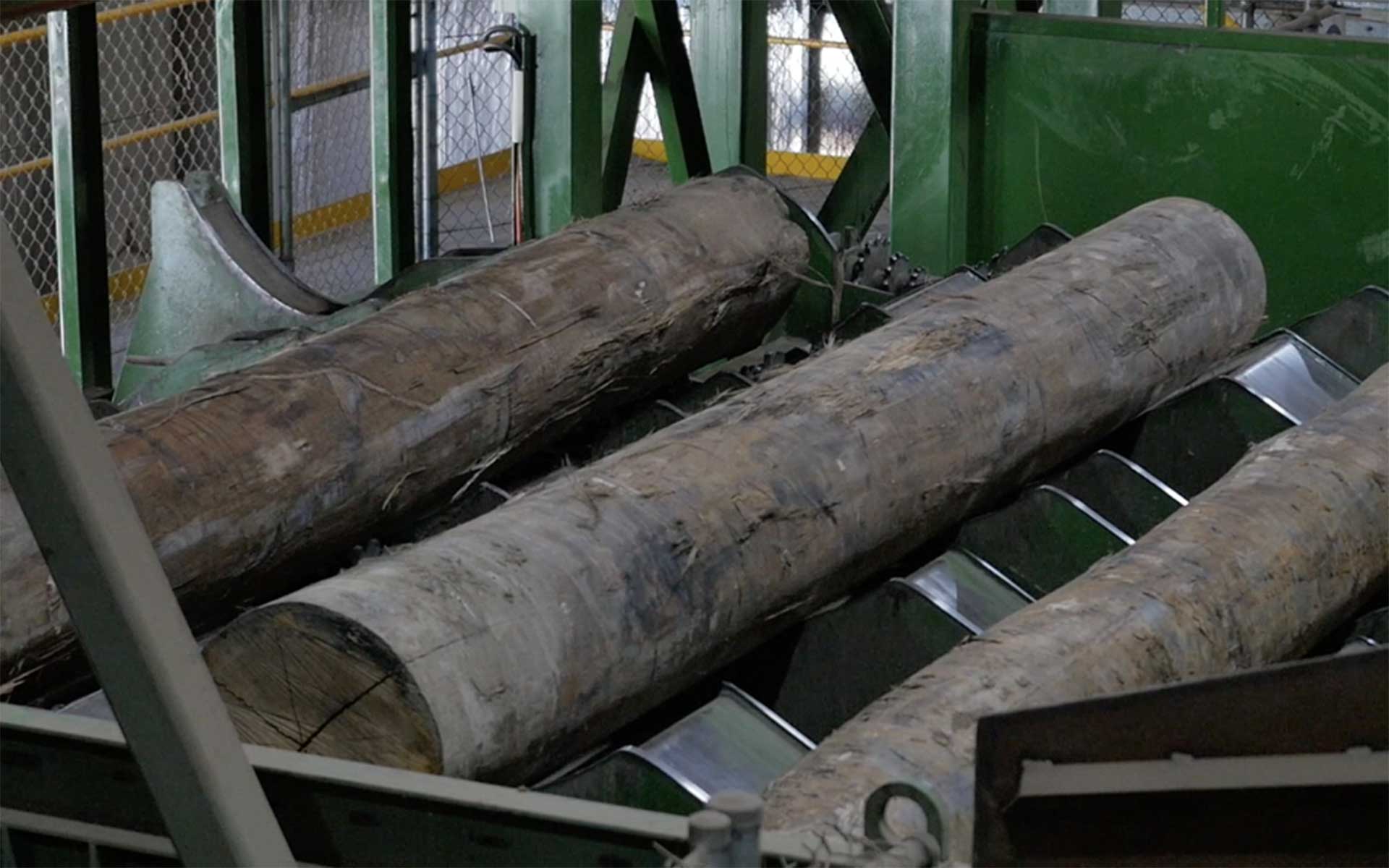Summary
The Hardwood Residue Bio-Refinery Feasibility Study explored the viability of converting hardwood sawmill residue into higher value energy products.
Key results
- Boral Timber has identified that the MECC process is technically able to convert hardwood sawmill residues from Boral’s Herons Creek mill into a range of renewable products including; transport grade Renewable Diesel, a renewable bitumen product that is blendable with fossil fuel bitumen for the production of asphalt plus a range of saleable by-products. The Proof of Concept LCA report identifies that the renewable diesel has less than 25% of the carbon intensity of fossil fuel derived diesel.
- The business case modelling shows that the project is financially viable on an estimated capital spend of $85M.
- The next step in the project development is to embark on a detailed engineering design, site selection and regulatory approvals process.
Learn more
How the project works
The Hardwood Residue Bio-Refinery Feasibility Study by Boral Timber recognises that sawmill and forest residues accounts for a major under-utilised resource in the hardwood industry. The Study explored the technical and financial viability of building a second generation Hardwood Residue Bio-refinery to convert this residue into renewable liquid fuels and industry feedstocks. The Hardwood Residue Bio-refinery feasibility project also explored the potential regulatory hurdles to developing bio-refineries in rural New South Wales.
The technology being explored has been developed by a Spanish-based technology company, Global Ecofuel Solutions SL.
Area of innovation
The Global Ecofuel Solutions SL technology uses low temperature and pressure mechanical catalytic conversion to break long chain hydrocarbon molecules into shorter chain liquid hydrocarbon products such as avgas, diesel and bitumen.
This is a highly specialised process and has yet to be developed into a full production scale facility.
ARENA worked closely with Boral Timber to assess elements of the Feasibility Study to develop a knowledge sharing portfolio on the progress and lessons learnt over the course of study.
Benefit
The Feasibility Study could lead to the construction of a second generation biorefinery in rural NSW with the potential to convert up to 50,000 tonnes of sawmill residues from its Herons Creek hardwood sawmill, near Port Macquarie, into renewable diesel and bitumen.
The application of this technology has the potential to transform the way we use low value hardwood sawmill residues into a resource that could be highly valuable to industry.








